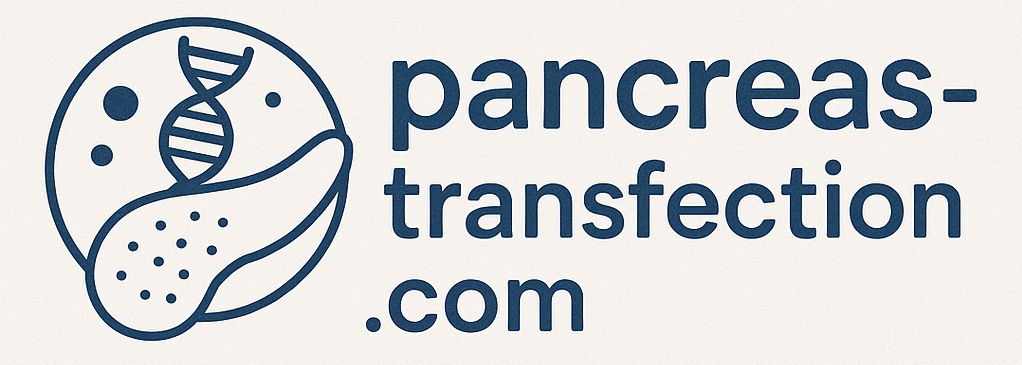PK/PD studies
What are Pharmacokinetics and pharmacodynamics? Pharmacokinetics and pharmacodynamics are two terms that are often used interchangeably in the medical field. Pharmacokinetics is the study of how a drug is absorbed, distributed, metabolized, and excreted by the body. Pharmacodynamics is the study of how a drug affects the body. The influence of pharmacokinetics and pharmacodynamics on…
